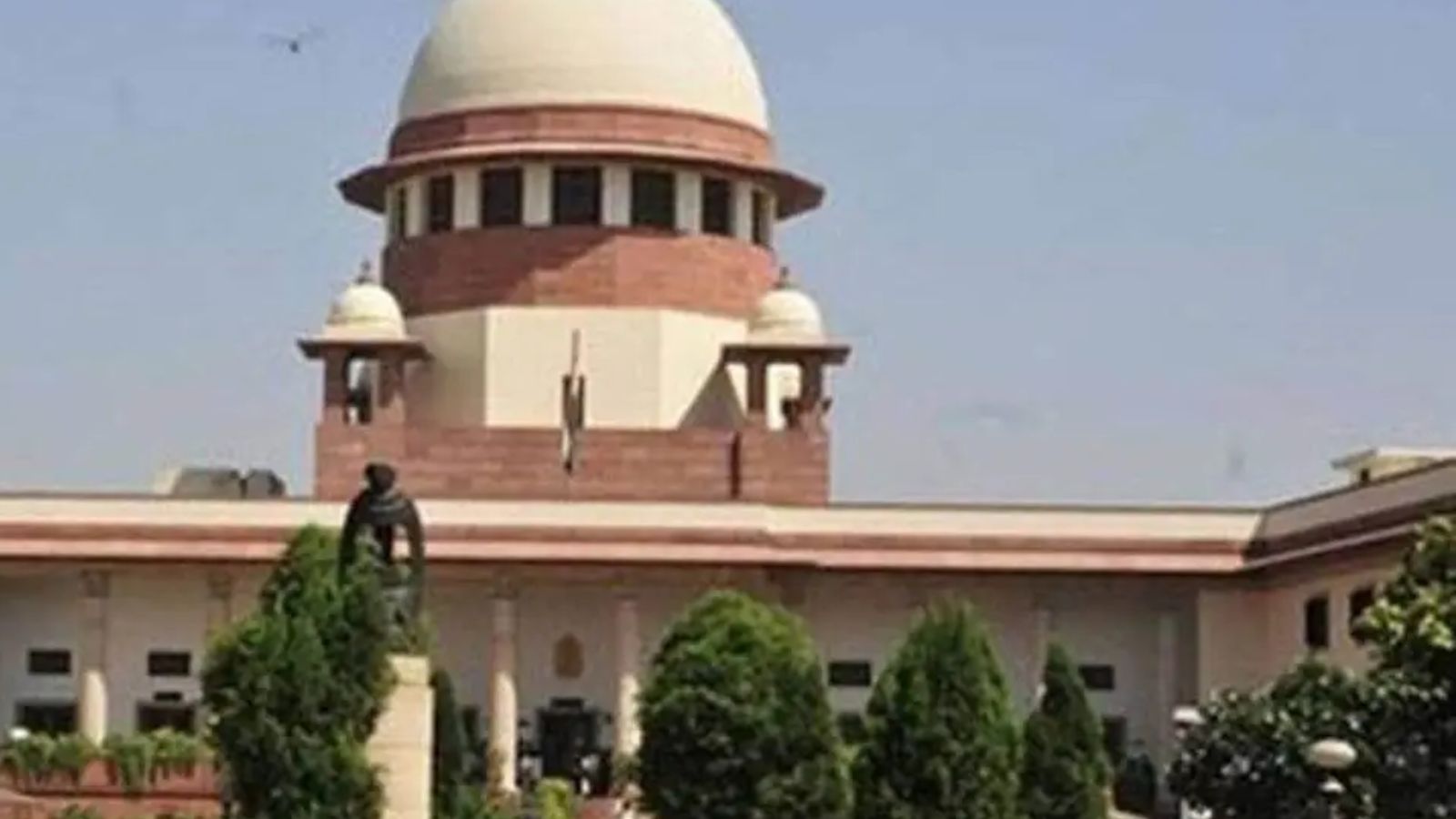 |
|
The Supreme Court of India delivered a significant ruling on Friday, rejecting the Punjab government's request for access to witness statements gathered by a commission investigating a security breach during Prime Minister Narendra Modi's visit to the state on January 5, 2022. This decision underscores the complexities of balancing governmental transparency with the integrity of ongoing investigations, and highlights the ongoing legal and political ramifications of the incident. The court's refusal to grant the Punjab government's request emphasizes the limitations of state authority in accessing evidence secured through independent investigative bodies, even when the subject matter directly pertains to state officials. The court's rationale, summarized in its statement that the Punjab government could conduct its own internal inquiry without relying on the commission's witness testimonies, reflects a preference for procedural autonomy and the potential for conflicts of interest if the state were granted access to such sensitive information.
The January 5th, 2022 security breach, involving Prime Minister Modi's travel to Punjab, sparked significant national outrage and political controversy. The incident, which involved the Prime Minister's motorcade being momentarily stranded due to a perceived lack of security protocols, led to a widespread debate about security lapses and accountability. The establishment of an independent commission to investigate the matter was intended to provide a neutral assessment of the events and determine the responsibilities of various state and security personnel. The commission's collection of witness statements, now central to the Supreme Court's decision, constitutes a crucial component of the ongoing investigation, its contents potentially impacting the conclusions reached regarding individual culpability and systemic failures. The Punjab government's request to access these statements suggests a desire to shape the narrative or potentially counteract findings unfavorable to state officials.
The Supreme Court's decision, however, prioritizes the integrity of the investigation and the independence of the commission. Granting the Punjab government access to the statements could potentially compromise the impartiality of the process and influence the commission's final report. The court's ruling affirms the importance of ensuring that investigations of this nature are conducted without undue political interference, thereby preserving the fairness and credibility of the findings. This decision is likely to have far-reaching implications for future investigations involving high-profile individuals and potentially sensitive information. It sets a precedent for the balance between state interests and the need for independent inquiries to operate without the potential for bias or influence from those involved. The legal arguments surrounding the Punjab government's request are likely to continue to be discussed and debated, as the decision touches upon fundamental issues of transparency, accountability, and the separation of powers within a democratic system.
The implications of the Supreme Court's decision extend beyond the immediate context of the security breach. It raises broader questions about the balance between governmental accountability and the need to preserve the integrity of ongoing investigations. The court's decision reinforces the importance of independent oversight in matters of national security and public concern. By preventing potential conflicts of interest, the ruling protects the credibility of the investigation and the potential for just and fair conclusions. Future cases involving similar circumstances may draw upon this precedent, influencing how courts approach requests for access to sensitive evidence obtained during independent inquiries. The ruling underscores the complex legal and ethical considerations surrounding transparency in government, particularly in high-stakes investigations involving potential security lapses or negligence.
The ongoing debate surrounding the security breach and the Supreme Court's decision highlights the critical role of independent commissions and investigative bodies in ensuring accountability within a democratic framework. The focus will now shift to the commission's findings, the subsequent actions taken based on those findings, and the ongoing discussion about improving security protocols to prevent similar incidents from occurring in the future. The transparency and impartiality of the investigative process, underscored by the Supreme Court's ruling, are crucial to maintaining public confidence in the government's ability to address issues of national security and public safety. The case serves as a reminder of the delicate balance between protecting sensitive information and upholding the principles of transparency and accountability in government.
Source: PM security breach in Punjab: Supreme Court rejects state’s plea for witnesses statements
